The perception of certain fruits as “bad” often stems from misunderstandings about their sugar content or calorie count. However, many of these fruits provide essential nutrients and health benefits that are often overlooked. This article explores twelve fruits that have been unfairly labeled as “bad,” but are actually nutrient-rich and beneficial when included in a balanced diet. Discover the hidden benefits of these fruits and why they deserve a spot in your grocery basket.
Bananas

Often criticized for their high sugar content, bananas are truly more than just a sweet treat. Packed with potassium, they support heart health by regulating blood pressure levels. Bananas also contain vitamin B6 and vitamin C, aiding in energy production and immune function.
Their fiber content helps maintain digestive health, making them a great option for those with sensitive stomachs. Surprisingly versatile, bananas can be enjoyed in various dishes, from smoothies to baked goods. They are not only convenient but also incredibly nutritious. Don’t let their sweetness fool you; bananas are a powerhouse of health benefits.
Grapes
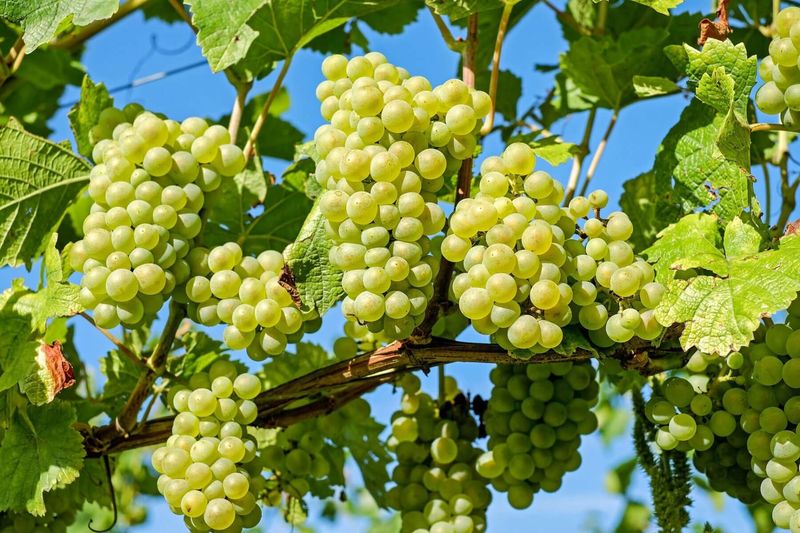
Grapes are sometimes avoided due to their sugar levels, but their health benefits outweigh any negatives. Rich in antioxidants like resveratrol, grapes contribute to heart health by improving blood flow and reducing inflammation. Their natural compounds have been linked to lower risks of chronic diseases.
With a satisfying crunch and juicy burst, grapes make for a delightful snack. They also contain essential vitamins and minerals that support overall well-being. Enjoyed fresh or dried as raisins, grapes are a versatile fruit that adds a burst of flavor to any meal. Their reputation as “bad” is undeserved.
Mangoes
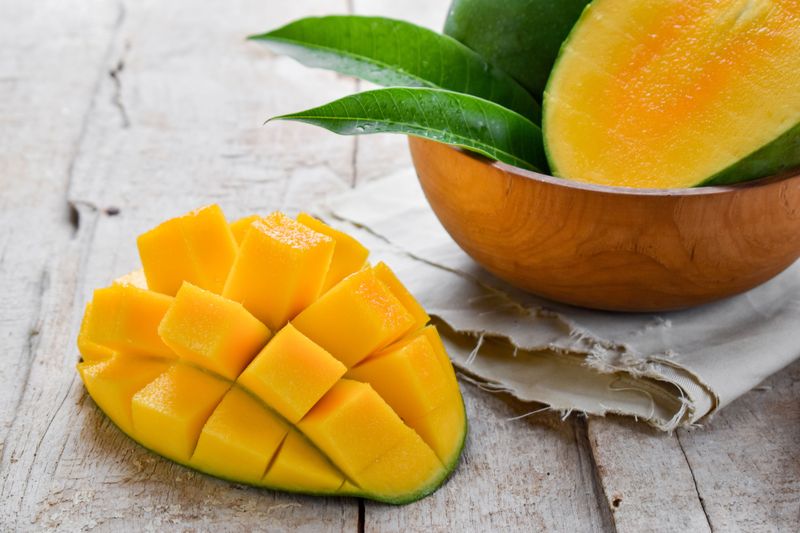
Mangoes, dubbed the “king of fruits,” are often perceived as indulgent due to their sweetness. However, mangoes are rich in vitamins A and C, promoting healthy skin and vision. They also contain beneficial enzymes that aid digestion, making them a wise choice for gut health.
These tropical gems are not only delicious but also packed with antioxidants, supporting immune function and reducing oxidative stress. Whether enjoyed fresh, in smoothies, or as part of savory dishes, mangoes offer a luscious taste of the tropics. Their flavor profile is as complex as their nutritional benefits.
Cherries
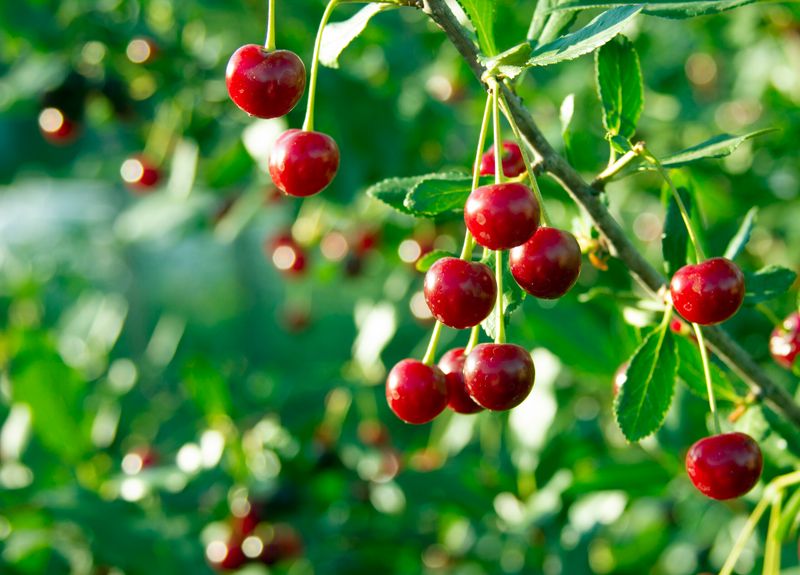
Cherries, often overlooked due to their sugar content, are little powerhouses of nutrition. They are rich in anthocyanins, which have anti-inflammatory properties that can help reduce muscle soreness and improve recovery after exercise.
These vibrant fruits also support heart health and may improve sleep quality, thanks to their melatonin content. Whether you enjoy them fresh, dried, or as juice, cherries add a burst of flavor and color to any dish. Their sweet-tart taste makes them a delightful addition to desserts or salads. Cherries truly deserve more appreciation.
Pineapples

Pineapples, known for their bold, tropical flavor, sometimes get a bad rap for their sugar content. However, they are a fantastic source of vitamin C and manganese, supporting immune health and bone strength. Pineapples also contain bromelain, an enzyme that aids digestion and reduces inflammation.
Their juicy, tangy taste makes them a favorite in both sweet and savory dishes. Beyond their health benefits, pineapples are a symbol of hospitality and welcoming. Whether you enjoy them fresh, grilled, or in a smoothie, pineapples are a delightful and nutritious addition to your diet.
Watermelons
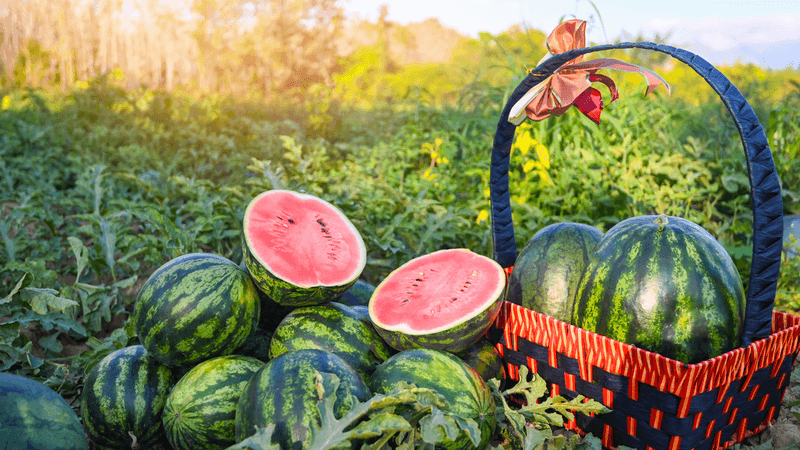
Watermelons are sometimes criticized for their high water and sugar content, yet they are a refreshing source of hydration and nutrients. Rich in vitamins A and C, watermelons support skin health and immune function. They contain lycopene, an antioxidant linked to heart health and cancer prevention.
Their juicy texture and sweet flavor make them a summer favorite, perfect for picnics and barbecues. Watermelons are low in calories but high in satisfaction, offering a guilt-free way to enjoy a sweet treat. These vibrant fruits are more than just a thirst quencher; they are a nutritional powerhouse.
Papayas
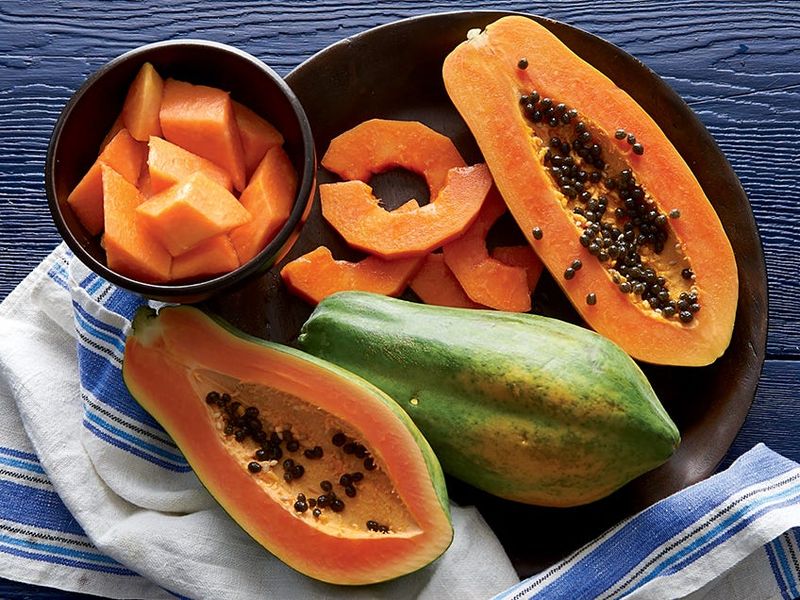
Papayas, often underrated due to their distinct flavor, are packed with nutritional benefits. They are rich in vitamin C and papain, an enzyme that aids digestion and reduces bloating. Papayas also contain antioxidants that support skin health and combat free radicals.
Their sweet-tangy taste pairs well with a variety of dishes, from fruit salads to smoothies. Papayas are a tropical delight that can transform any meal into a refreshing experience. These fruits are not only delicious but also beneficial for gut health and overall wellness. Embrace the unique taste of papayas.
Pomegranates
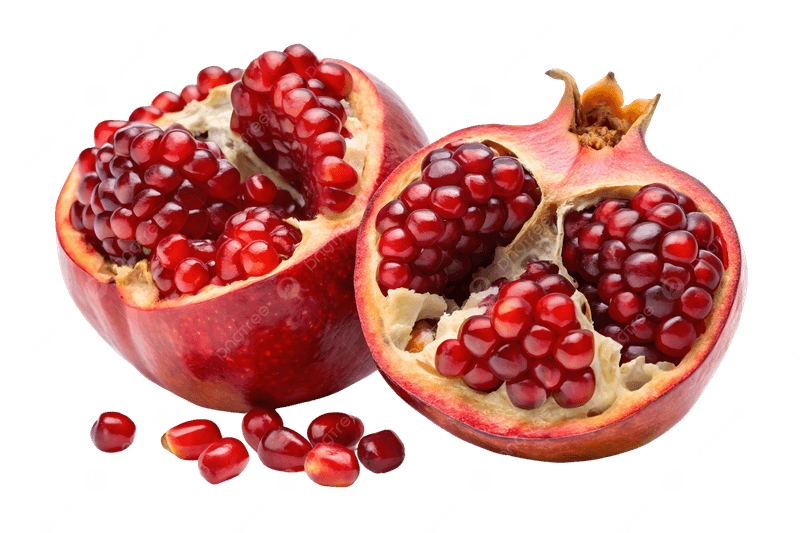
Pomegranates, often deemed messy and cumbersome, are actually nutritional gems. Rich in antioxidants, these fruits support heart health and reduce chronic inflammation. Pomegranate seeds, known as arils, are packed with vitamin K and C, promoting bone health and immune function.
Their tart, juicy burst adds a delightful contrast to both sweet and savory dishes. Whether sprinkled over salads or enjoyed as juice, pomegranates offer a unique culinary experience. Despite their tough exterior, they are well worth the effort for the rich flavor and health benefits they provide.
Avocados
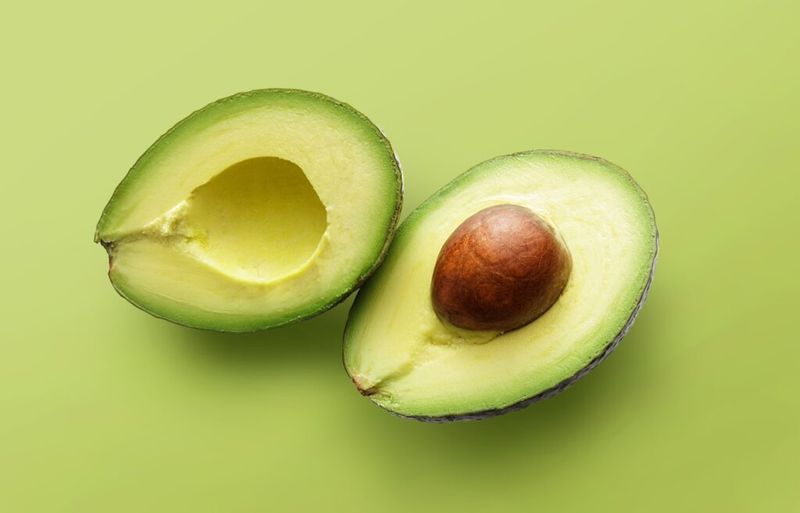
Avocados are sometimes misunderstood as unhealthy due to their high fat content, but they are a source of healthy monounsaturated fats that support heart health. Rich in fiber and potassium, avocados help maintain balanced cholesterol levels and blood pressure.
Their creamy texture and mild flavor make them a versatile addition to many dishes, from salads to toast. Avocados are also packed with vitamins E and K, supporting skin and bone health. This fruit is a nutrient-dense option that enhances both taste and wellness. Embrace the goodness of avocados.
Coconuts
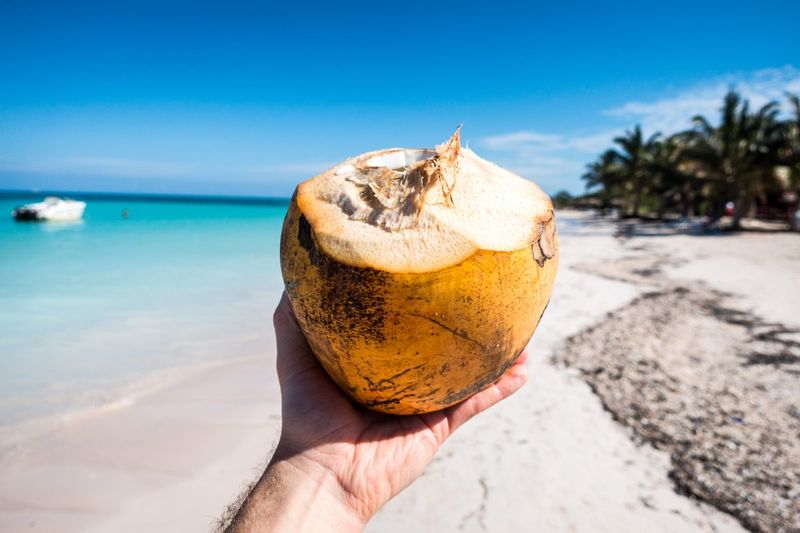
Coconuts, often misjudged for their saturated fat, offer numerous health benefits. Their water is hydrating and rich in electrolytes, while the meat contains healthy fats that provide energy and satiety. Coconuts also support heart health and boost metabolism.
From refreshing coconut water to creamy coconut milk, they add a tropical flair to any recipe. Coconuts are not just for the beach; they are a versatile ingredient that enhances both flavor and nutrition. Despite their tough exterior, the benefits they offer are well worth the crack. Enjoy the tropical goodness.
Kiwi
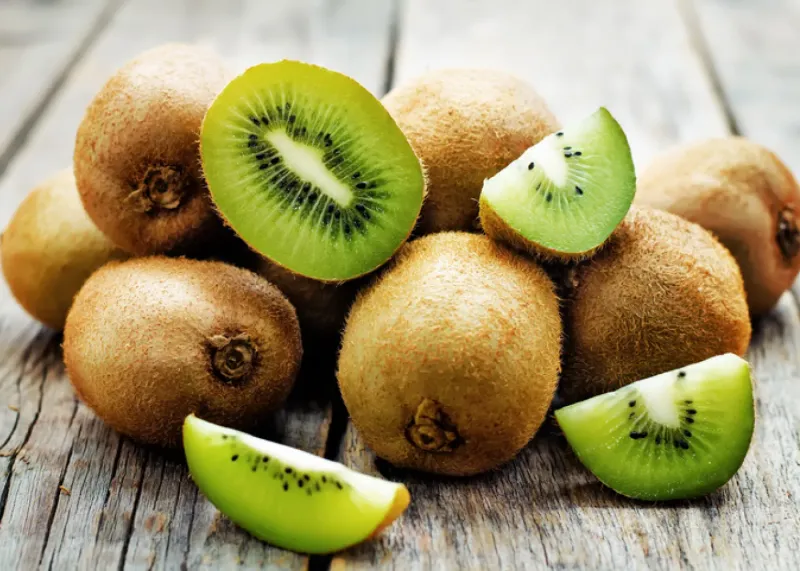
Kiwi, sometimes overlooked due to its fuzzy exterior, is a nutrient-rich fruit packed with vitamin C, vitamin K, and fiber. These nutrients support immune function and digestive health, making kiwi a wise addition to any diet.
Its unique sweet-tart flavor and vivid color make it a delightful topping for desserts and breakfast bowls. Kiwis are also rich in antioxidants that protect against oxidative stress. Despite their small size, they pack a powerful nutritional punch. Embrace the vibrant taste and health benefits that kiwi offers.
Plums

Plums, often overshadowed by their dried counterpart, prunes, are rich in vitamins and antioxidants. They support heart health and bone strength, thanks to their vitamin K and potassium content. Plums also aid digestion and regulate blood sugar levels.
Their juicy, sweet-tart flavor is perfect for snacking or adding to desserts. Plums are a versatile fruit that can be enjoyed fresh, baked, or as a jam. Despite their modest appearance, they offer impressive health benefits and culinary versatility. Don’t underestimate the power of plums in your diet.
Leave a comment